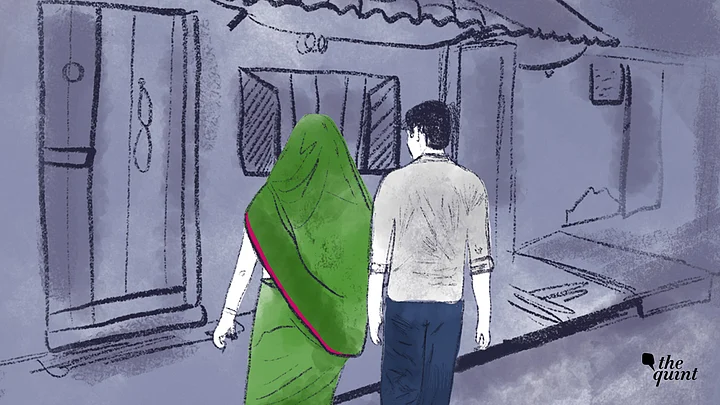This story is a part of The Quint’s ongoing graphic novel series called ‘Sshh’ which focuses on the stories of rape survivors, beyond the headlines and the crime records. What is their life like, after and beyond the rape? Did they get the help and support they needed? Were legal-medical-psychological resources available?
This is the story of Radha*. She is 37 years old today and lives in a tiny village that you will have a hard time locating on the map of Madhya Pradesh. They moved to this village within months of Radha’s rape – a courageous move, considering both she and her husband Gokul* have a hard time eking out Rs 200 a day for sustenance.
They moved because life was difficult for them, in a village dominated by the Gujjar tribe – where, at every stage, from the rape itself to the reporting of the incident at the local police station to seeking help at the district hospital, they were ridiculed for being “lowly people”.
Radha was allegedly raped by a man who belongs to the dominant Gujjar community of their erstwhile village.
Radha’s medical report and the conclusion drawn from it can be seen below. It says that her vagina “easily admits two fingers”. It also abhorrently states that “Lady is used to sexual intercourse and she is mother of 3 children (sic) so we cannot say rape”.
The report also makes note of the fact that Radha was menstruating at the time of her test – which, as our previous case story clarified, should have called for a second test. That test should’ve been conducted after her menstrual cycle was over.
This, however, was not done in Radha’s case.
Also circled in red at the top is ‘Korku’ – the ethnic group Radha belongs to. Exactly why is that information a medical necessity?
*Names changed to protect identity
Reporting and Text: Urmi Bhattacheryya
Illustrations: Arnica Kala
